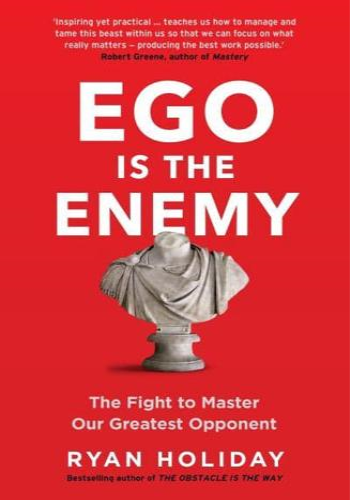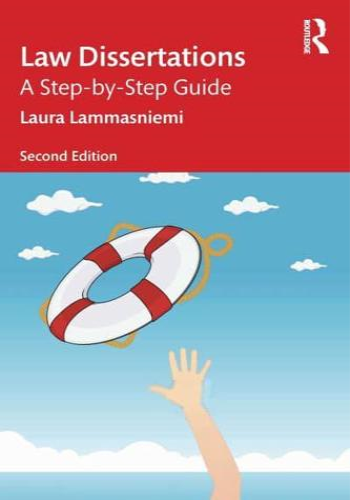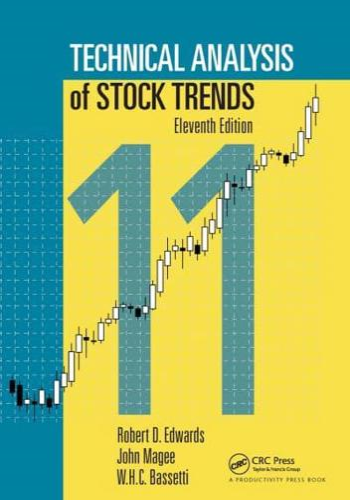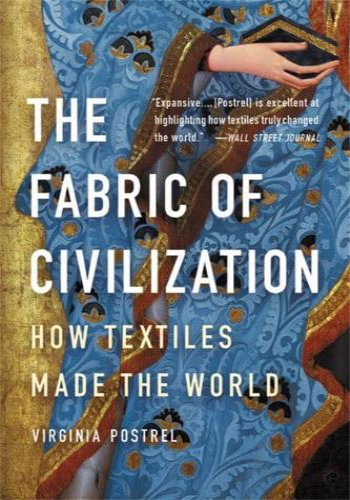A powerful meditation on the nature and dangers of ego, from the author of the #1 New York Times bestseller Stillness is the Key, and Obstacle is the Way - over 1 million copies sold 'Re-read it each year. It's that important' Derek Sivers, author of Anything You Want 'Ryan Holiday is one of his generation's finest thinkers' Steven Pressfield, author of The War of Art 'This is a book I want every athlete, aspiring leader, entrepreneur, thinker and doer to read' George Raveling, Nike's Director of International Basketball 'Inspiring yet practical' Robert Greene, author of The 48 Laws of Power It's wrecked the careers of promising young geniuses. It's evaporated great fortunes and run companies into the ground. It's made adversity unbearable and turned struggle into shame. Every great philosopher has warned against it, in our most lasting stories and countless works of art, in all culture and all ages. Its name? Ego, and it is the enemy - of ambition, of success and of resilience. In Ego is the Enemy, Ryan Holiday shows us how and why ego is such a powerful internal opponent to be guarded against at all stages of our careers and lives, and that we can only create our best work when we identify, acknowledge and disarm its dangers. Drawing on an array of inspiring characters and narratives from literature, philosophy and history, the book explores the nature and dangers of ego to illustrate how you can be humble in your aspirations, gracious in your success and resilient in your failures. The result is an inspiring and timely reminder that humility and confidence are our greatest friends when confronting the challenges of a culture that tends to fan the flames of ego, a book full of themes and life lessons that will resonate, uplift and inspire.






